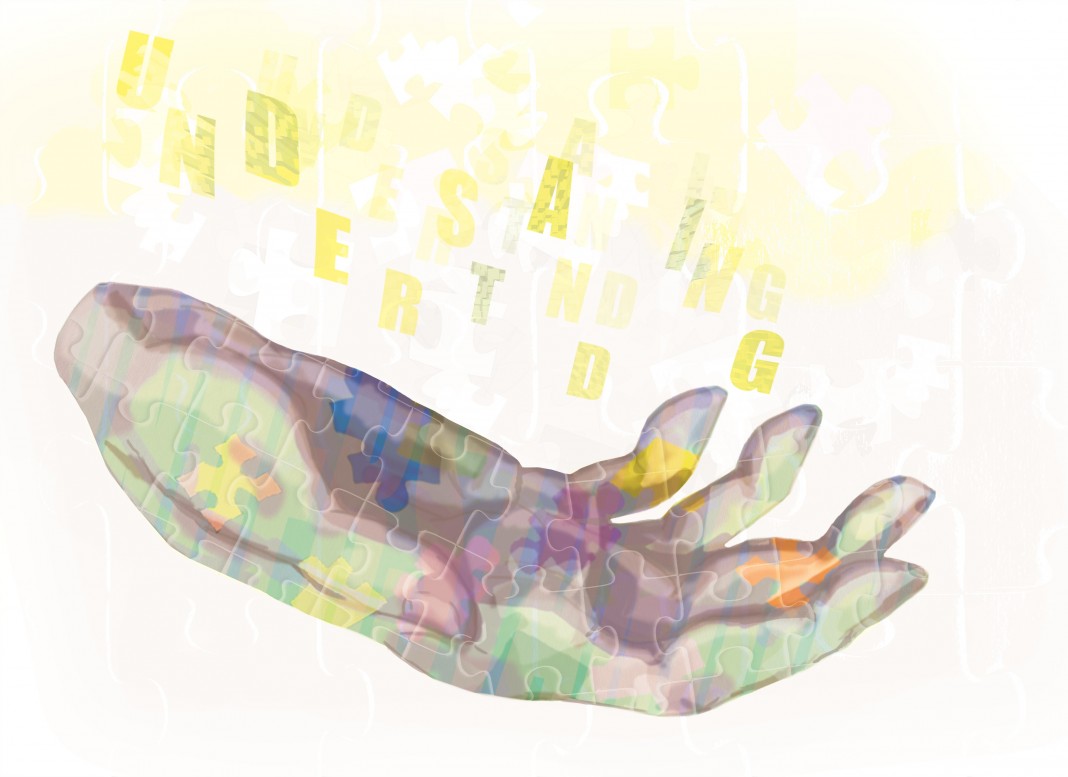by J.T. Buchheit
News Editor
When I was young, my parents knew there was something different about me. I preferred to be by myself and spent all my time reading books. I had an obsession with cars that went leagues beyond most people’s amount of interest in anything — even my first word was “car.” I possessed extraordinary reading abilities, learning to read at the age of two. Nobody knew it at the time, but these were all telltale signs that I had Asperger’s Syndrome.
Asperger’s Syndrome is an autism spectrum disorder. Very simply put, Asperger’s is characterized by having difficulties in social interaction and understanding nonverbal communication. I’ve struggled trying to understand how the neurotypical (non-autistic) brain works, and 20 years into my life, I’m still befuddled. I have always felt like I am on a different wavelength than most people are; indeed, science has proven that our brains are wired differently.
There are parts of life many people take for granted that I have had a lot of trouble with because of my problems conversing with people. The parts of conversations that are subconscious to most require conscious thought from me. I have issues understanding people’s nonverbal cues and keeping up with the constant topic changes, and I have trouble keeping conversations going.
One example of what I struggle with that many consider easy is finding friends. While I have always enjoyed my alone time, I occasionally want to be with people, and it’s hard to make friends when conversations don’t come naturally to you. Thus, I treasure the friends I get.
I had one friend in elementary school, and I cherished him. I cherished him far too much, and, not realizing people could have more than one friend, I clung to him for fear that he would leave me for one of his other friends, which he did, because I didn’t know how to share my friend with other people. This occurrence is all too common in those with Asperger’s, or “aspies,” as many of us refer to ourselves, who don’t realize how easily some people can create friendships and have more than one friend at a time.
While friends were (and still are) few and far between, I certainly had my share of nemeses. In junior high, I didn’t conform like I was expected to and was bullied mercilessly because of how different I was. Bullying affects a significant number of people on the autism spectrum; one study surveyed people ages five to 17 and found out that 62 percent of them were bullied at least once a week, according to the National Centre Against Bullying. This is one of the most pressing problems for people with Asperger’s, and many instructors don’t do anything about them, despite the “zero-tolerance” policies they claim to adhere to.
Many of us have to live with sensory issues. My ears are extremely sensitive; I used to have to be called to the office when the fire alarm was going to go off so I didn’t scream when I heard it because of the pain the noise caused me. This also affects my senses of smell, taste and touch. Due to this, there are very few foods I am able to eat because of their textures, tastes or overpowering stenches.
What I have said may seem all doom-and-gloom, but there are some perks to having Asperger’s Syndrome. Many of us are known to have subjects we intensely focus on and learn everything about. Within some autistic communities, these are known as “special interests.” One of mine, grammar, could land me a full-time career as a copy editor if I’m lucky, which would be a dream come true. I have excelled in that field for some time and believe I could be very beneficial for anyone willing to hire me in that position.
Some groups, such as Autism Speaks, claim to represent us but actually create misconceptions by treating us as puzzles that need to be solved, hence its puzzle-piece logo. They strive to find a cure for it when many of us don’t want a cure; we simply want understanding. Autism is a way of life, a difference, not a disease, and all I ask for is support and acceptance instead of people trying to “fix” me.






















